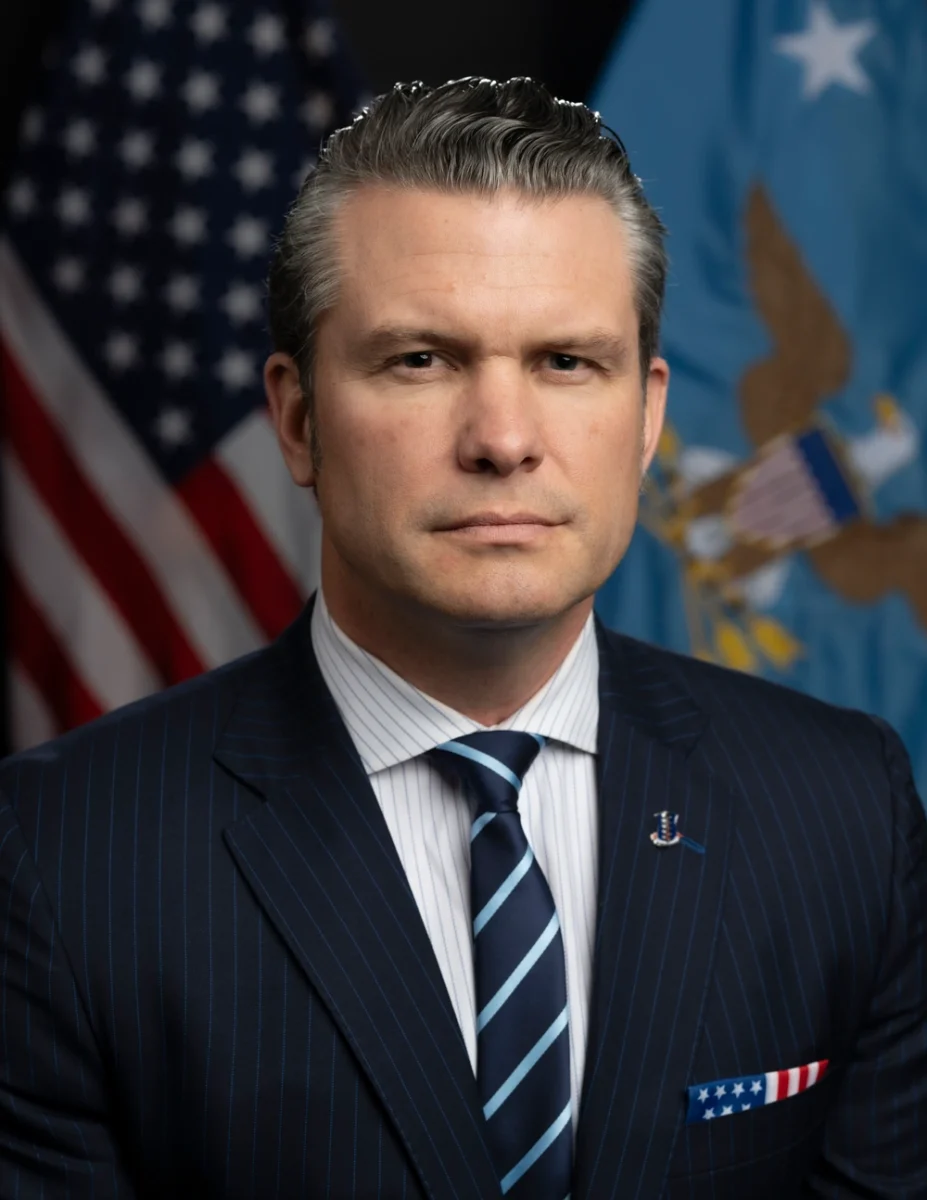On Sept. 11 2001 at 8:46 a.m. a tragic event hit the World Trade Center, New York City, The Pentagon, and, a field in Shanksville, Pennsylvania. These three places experienced direct hits from the terrorists attack, but an event so huge doesn’t just affect its main targets, it affects places that are off target. And these places still have people who have stories to tell of the incident.
“It felt like a terrible movie,” said Mr. Corbin. Who had first become a state trooper for the Virginia State Police at the age of 33. He had been 37 years old with 4 years of police experience when disaster struck.
Just a bit after 9 a.m. in Centreville Va. on a Tuesday morning Mr. Corbin had just finished washing his car and was heading inside. And there he saw the television broadcast of the terrorist attack. One of the Twin Towers was already smoking. At first he was unsure if it was just a movie, until he saw the second plane coming into frame and crashing into the second tower. Although Mr. Corbin had no family affected by the plane crashes, there was a lump in his throat when watching the Twin Towers be destroyed by the incoming plane “Even if I wasn’t there. I felt as if I was,” he said. 9/11 had created a heightened sense of alert for security jobs such his own. All forces of security were on High Alert for terrorism for quite some time. As a state trooper, Mr.Corbin was at ground zero patrolling the perimeter of the Pentagon. He was forced to stay in place for twelve hours a day, seven days a week with not many breaks, to ensure the security of the perimeter.
“It was a horrific day,” says Mrs. Saccomando. In Deep Creek High School, Chesapeake Va. She was 26 years old and was teaching grade 10 biology and grade 12 human anatomy during the time of 9/11. It was her fourth year teaching when her biology students came into class and told her that something had happened at the World Trade Center, and that she should turn on the television. At the time she was living in Virginia Beach while teaching at Deep Creek High School. These two areas were heavily military affiliated, and this incident brought sheer terror to the military community. This event had directly affected Mrs. Saccomando’s family, because her husband was currently enlisted in the Navy, and shortly after the event her husband was deployed to Afghanistan for “Operation Enduring Freedom.” While he was away the Commanding Officer’s Wife for the Navy had reassured her and other naval wives that all men deployed to the country were safe during war. Weeks passed after 9/11, its impact lasted for a very long time for Mrs. Saccomando. “Everybody gets complacent where they think it will never happen to them until it does,” she states. Regular days in public were never the same because she would always find herself constantly looking over her shoulder in the grocery store for fear of something big happening.
“That day was so bizarre,” Mrs. Powell said. At the time of 9/11 she was 29-years old with 7-8 years of teaching experience. She was currently a teacher in Centreville Highschool collaborating with Mr. Peterson when teaching her World History 2 class. Immediately as the event took place in New York, the principal told the teachers on the intercom to put the television on for their classes. As they watched the television one of her students who were taking journalism had asked her to look up one of the buildings that had gotten hit by the planes in New York. She and other teachers were notified to keep their students in their classrooms until parents came to pick them up, or until buses arrived to take them home.
They were all scared as they saw the Pentagon burn in flames, and the towers falling. This attack had happened when schools only had a landline to contact families, so Mrs. Powell had to run the landline for students, so they could try to call their parents. All students were allowed two dials on the one landline in order to call parents. Afterwards students were mandated to come straight to class after two calling attempts. As students were trying to contact their parents, the internet crashed and no one could contact anyone
Mrs. Powell recalls watching many students who were anxious to get into contact with their parents who were currently working in the Pentagon at the time. They were in the era of flip phones which meant that they all had dial-up internet. This was a problem, because as everyone began using the internet on their flip phones, the internet began to crash and soon no one could contact anyone.Mrs. Powell was actually pregnant during the time the incident unfolded, and at the end of the day another teacher had told her how upsetting it must be to be pregnant at such an uncertain time period.
At the same time, 29-year-old Mrs. Wenzel was also in the history hallways of Centreville Highschool, with six years of experience teaching World History 1 just across from Mrs. Powell. It was in fact Mrs. Powell who had told her that a plane hit the towers. There were no lockdown procedures, and no restrictions because all of the faculty of the high school didn’t really know what was happening. Mrs. Wenzel was told to keep teaching, as parents trickled in to take their children home.
The atmosphere was filled with concern because of the amount of students who were worried about their working parents at the Pentagon. As the internet was locked down for Mrs. Powell, the calling network began jamming for Mrs. Wenzel and her students. Everyone began getting fearful and frustrated as it became harder and harder to contact their families and parents. Thankfully, Mrs. Wenzel was still able to contact her husband who was working at the Pentagon as well.
It was later that evening, that the school got news about the twenty-three parents who had died at the Pentagon during the terrorist attack. Things were very challenging for Mrs. Wenzel and her fellow co-workers who were trying to help support the students who had lost their parents due to the attack. “It was very, very quiet,” all transportation was locked down and only the replay of the event was on the television while everyone began looking for their loved ones.
It didn’t take long for national security to increase the intensity of their safety procedures; codes such as “code orange” or “code green” were used to notify officials of suspicious activity. “Very disturbing,” said Mrs. Powell. The event caused so much paranoia, that people would think that backpacks could potentially be undercover bombs. As days passed from 9/11, everything changed for Mrs. Powell.
“You just have to come to school to become more aware of your surroundings and your responsibility to the kids”she stated. Despite this incident being very destructive, it served as a reminder that teachers have much larger responsibilities other than just educating students. They have to protect them, and act accordingly when catastrophic events occur. For Mrs. Wenzel served as something extremely out of the ordinary. “None of us have lived through something like this before,”she says. Terrorist attacks acted as war catalysts, and they usually happened in Europe; it was the first time that a catalyst attack for war had come to the United States. And for the first time she and many other Americans could truly understand the kind of trauma that these attacks inflict on people.
Although this event happened one time, there are four different perspectives that happened in the same state but in different locations. Each perspective has the same cause but multiple types of reactions. Some were at work, while others were at home, but each of them in their own way contributed to assisting their community. This meant standing for hours guarding the perimeter for Former State Trooper Mr. Corbin, it meant allowing your husband to be deployed and fight the enemy for Mrs. Saccomando. For Mrs. Powell meant recognizing the responsibilities that came with being a teacher, or understanding the baggage of trauma that comes with disastrous situations for Mrs. Wenzel. A large catastrophic event can have large and lasting effects on the people. And it leaves behind stories that are still important to remember today, because every person has a story that may have the same start, but every story will end differently for every person.








